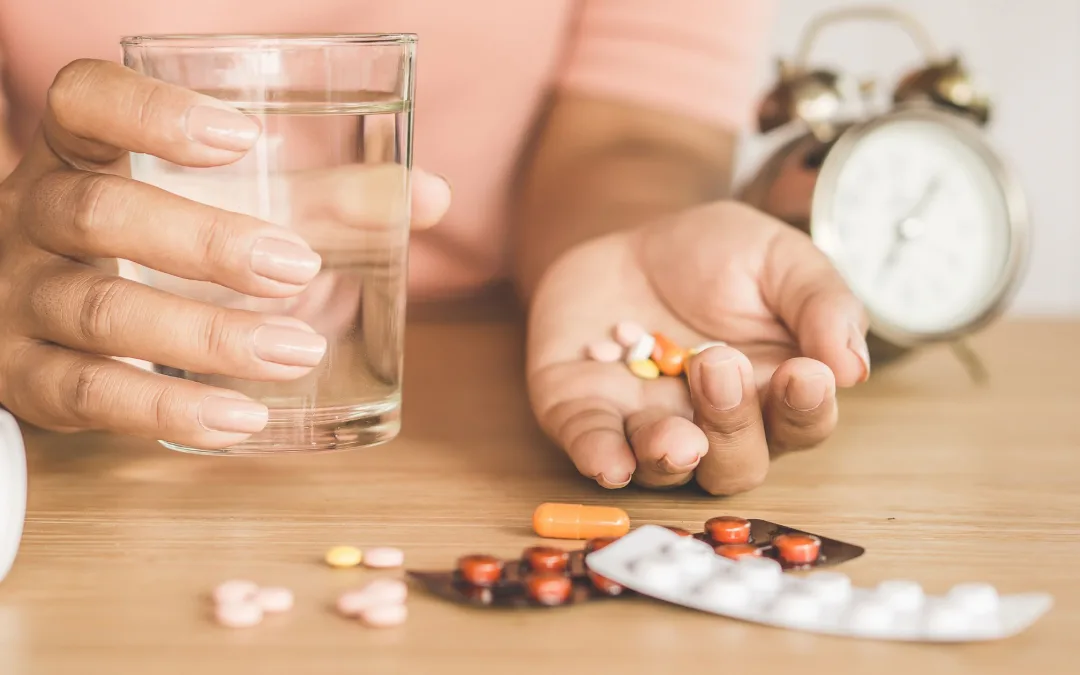Blog
How to Cope with Grief | 3 Healthy Ways to Heal After Losing a Loved One
Struggling with grief? Learn the stages of grief, healthy ways to cope, types of grief…
Why Is Gen Z So Afraid of Being ‘Perceived?’ The Zoomer Anxiety Problem
Gen Z has been called the “anxious generation,” with record levels of social anxiety. Discover why…
The Hidden Mental Health Cost of Poor Work–Life Balance
Poor work–life balance can harm mental and physical health, leading to stress…

Transcranial Magnetic Stimulation (TMS) Treatment for Substance Abuse: A Promising Path Forward
Substance abuse is a pervasive issue that affects millions of people worldwide, causing...

Exploring the Link Between Chronic Illnesses and Depression
Living with a chronic illness is difficult. From managing symptoms to coping with...

Do Men and Women Face Different Depression Symptoms?
For too many years, medical health professionals were missing the signs that women were...

A Breakdown of the 7 Types of Mental Health Stigmas
It’s more likely than not that you either know someone with depression, have had or do...

What is the Root of Anxiety and Depression?
We’ve probably all asked ourselves this, right? Or been asked by a therapist. We want to...

TMS Therapy for Anxiety: Will TMS Be What Stops the Racing Mind & Body?
Two parts of the human brain have been associated with anxiety disorders: the insula and...

Understanding the Signs and Symptoms of Depression in Men: Men’s Mental Health Awareness Month
As June is Men’s Mental Health Awareness Month, it feels like an appropriate time for us...

Waking Up to Wellness: TMS Could be Unlocking the Secrets of Sleep
Sleep is essential for our survival. Beyond that, it’s necessary for our well-being....

Rewriting Your Story: Transforming Negative Thought Patterns
In the narrative of depression, negative thoughts serve as the ink, weaving a tangled...
